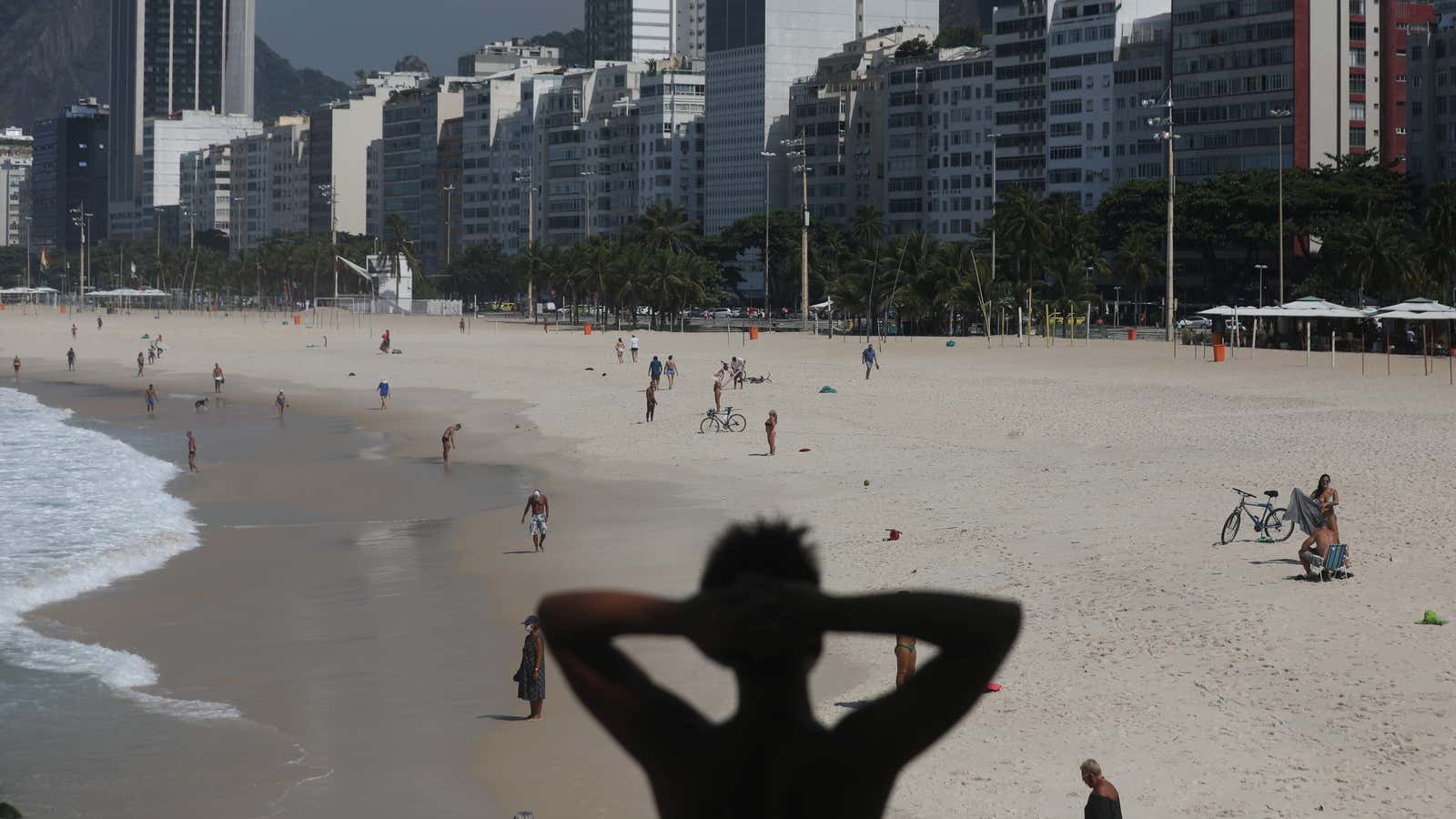Like many people, Esther Perel was consumed by work during the thick of the pandemic. The New York-based psychotherapist and relationship expert juggled a weekly YouTube show with two podcasts. She wrote articles, conducted seminars for therapists, developed a card game, popped in on Clubhouse chats, and appeared on several Zoom panels and podcasts, all with the goal of addressing the compounding mental health maelstroms brought on by Covid-19.
“I worked more than I ever have during the pandemic because I felt that if I could be helpful, perhaps I would feel less helpless,” she says. Perel questioned if she could afford to take time off during such a tumultuous period.
Then, for about four weeks in August, she went dark.
Perel escaped to France and managed to shun doing any remote work—a significant feat for workaholics and always-on remote workers alike. In the process, she learned that the value of a vacation lies in committing yourself to doing nothing at all.
Relaxing without an agenda
A vacation means releasing ourselves from the burdens of planning and productivity. “It’s stepping away from the ‘I must’ or ‘I should’ that allows us to enter a liminal space,” Perel says, referring to the in-between pockets of time away from normal routine. During your time off, your only job is to make room for serendipity.
That means checking the impulse to pack your days with must-see tourism spots and booking dinners and shows in advance. When asked about how her holiday went, Perel talks less about the number of museums, restaurants, and exotic spectacles she got to see abroad, and lingers on the details like the plumpness of a peach or a passage in a book she read.
The gift of not being in charge
How can we disconnect in the age of smartphones and WiFi? For Perel, it was useful that her vacation spot had very poor internet connectivity. “I had set aside a few moments of exceptions for important things that I needed to do, but my team basically realized that my connection was so poor that they said, ‘OK no exception, you’re off.'”
That time off allowed Perel to rediscover eros, which she defines as a “a curiosity and aliveness or the vibrancy of the imagination.” Opening herself to languorous days reading and hiking without a strict itinerary was a welcome tonic to her life in New York, where everything was controlled. “I was not careless, but I definitely allowed myself to go with the flow.”
Going back to work: the soft landing
Perel returned from her trip with new resolve about setting clearer boundaries between her personal and professional life. The reality of returning back to work was softened by seeing a few friends at a party soon after returning home to New York, she says: “It reminded me that I have a life here and that I was very glad to be back.”
Ultimately, going on an aimless vacation may also teach us to consider new metrics for success. As Perel says, a good time is “measured by the quality of the experience, not by the quantity of productions or the completion of tasks.”
